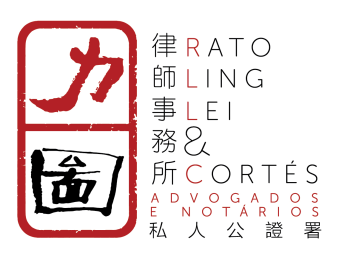Macau's tourism and entertainment industry has been severely affected by the COVID-19 pandemic. According to Gaming Inspection and Coordination Bureau data, Macau's gross gaming revenue fell by 82.5% (MPtc38.6 billion (approximately $4.8 billion)) between January 2020 and September 2020 compared with the same period in 2019. Further, the number of tourists who entered Macau in the first half of 2020 was 3.26 million – an 83.9% drop compared with the same period in 2019.(1) In 2019 Macau hit an all-time record of 39.4 million tourists.
With these figures in mind, the Second Standing Committee of the Legislative Assembly initiated discussions on the draft law on hotel establishments' activities, which the government submitted to the Plenary for debate and a vote in February 2019. On 1 September 2020 the standing committee completed its consideration of the draft law with a view to expediting this renovation of the current legislative framework, which was enacted by Decree-Law 16/96/M of 1 of April 1996 (Legal Regime of Hotel Industry and Similar Industries).
The draft law aims to regulate the licensing and operation of:
- hotel establishments; and
- restaurants, simple-meal establishments, bars, dance rooms and food-court kiosks which are located within the premises of hotel establishments (related establishments).
As stated in the draft law, shopping malls which are adjacent or attached to a hotel establishment are considered an integral part of such establishment.
The draft law also touches on the current classification of hotel and related establishments and provides for new classifications of establishments such as low-cost accommodation (similar to shared-room accommodation), simple-meal establishments and food-court kiosks.
Under the draft law, the Macau Government Tourism Office is the licensing authority for hotel and related establishments. At present, the Municipal Affairs Bureau is the licensing authority for certain types of related establishment located within the premises of hotel establishments.
Under the draft law, to obtain a licence for a related establishment, the applicant may benefit from the 'one-stop licensing procedure'. Under this procedure, the MGTO is responsible for coordinating with other public authorities (eg, the Land, Public Works and Transport Bureau, the Fire Services Bureau, the Municipal Affairs Bureau, the Health Bureau, the Environmental Protection Bureau, the Cultural Affairs Bureau and the Labour Affairs Bureau) where their input in the licensing procedure is required.
The most notable feature of the draft law is the introduction of a provisional authorisation to operate a related establishment. The director of the MGTO will issue such provisional authorisation on the suggestion of a committee if, after due inspection, the related establishment's operation is not expected to affect public security, public health or environmental protection. A provisional authorisation to operate is valid for six months and can be renewed once for a further six months.
The key points discussed above are mainly based on the statement of reasons for the initial draft law submitted by the government to the Legislative Assembly in February 2019.
The government is expected to take into consideration the suggestions made by legislators during the discussion of the law regarding matters such as:
- inspection powers;
- the provisional authorisation of operation;
- public health;
- natural catastrophes and disasters; and
- refusal of entry.
As the new legislative session is due to commence in mid-October 2020, the final version of the draft law should be published shortly. This law is welcome, as it will update the 1996 law and modernise the legal framework which governs Macau's economic engine.
Endnotes





